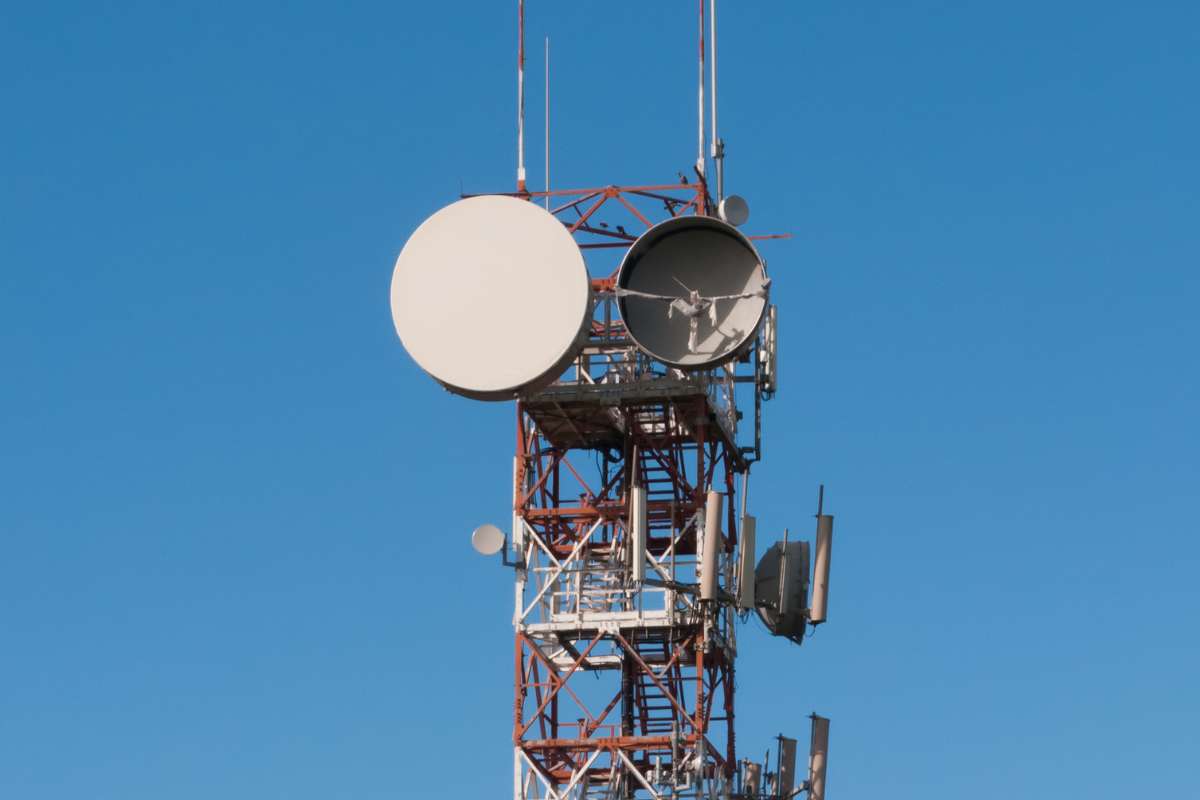
India's telecom companies are seeking a mechanism for OTT (over-the-top) apps to pay for the creation of digital infrastructure in the country. The telcos will highlight the current global debate regarding fair share principles for OTTs, particularly those generating the highest traffic, to make a contribution to necessary infrastructure investments. This approach is particularly pertinent given the anticipated exponential growth in data traffic resulting from the rollout of 5G networks, which will require increased investment in connectivity infrastructure.
According to an ET Telecom report, the telecom companies have drawn attention to ongoing consultations initiated by the European Commission and Brazil's telecoms regulator, Anatel. They hope that the Department of Telecommunications (DoT) and the Telecom Regulatory Authority of India (TRAI) will explore ways to create a fair share mechanism to ensure continued investment in next-gen connectivity infrastructure in India.
Read More - TRAI Calls for Level Playing Field in Licensing for Content Delivery Technologies
The telecom companies are aligned in their stance, and they intend to write to the government and regulator shortly to express their concerns. Without such mechanisms in place, it will be difficult for telecoms to shoulder the financial burden of creating infrastructure, which is becoming increasingly expensive.
The debate surrounding fair share principles for OTTs is gaining traction worldwide as governments and regulators begin to recognize the enormous amounts of traffic these apps generate. This issue is particularly acute in countries with large populations, where the data generated by OTTs can place significant pressure on telecom networks.
As per the report, a senior executive at one of the telcos said that India's telecom companies hopes that the government and regulator will take cognizance of the ongoing global discussions on this issue and work to create a fair share mechanism that benefits all parties involved. Ultimately, the creation of digital infrastructure is a collective responsibility that requires contributions from all parties involved.















